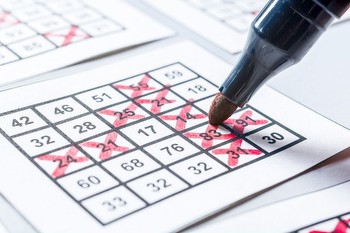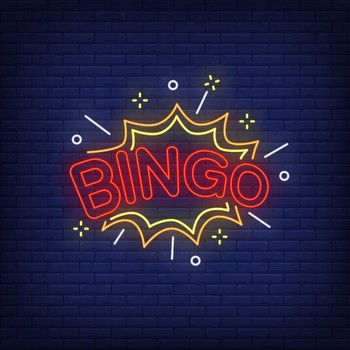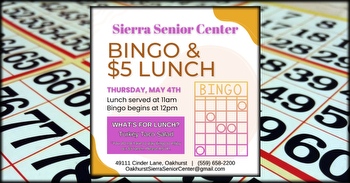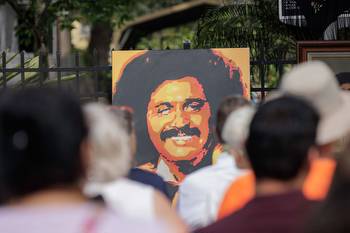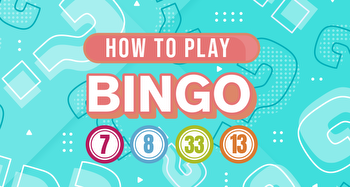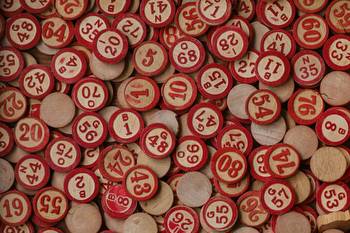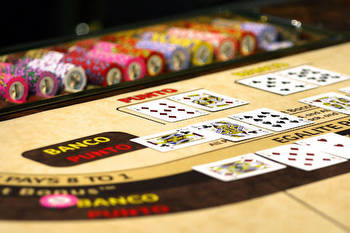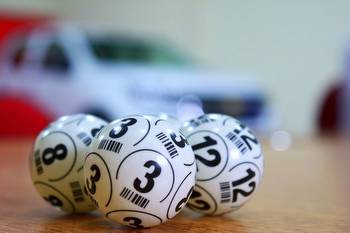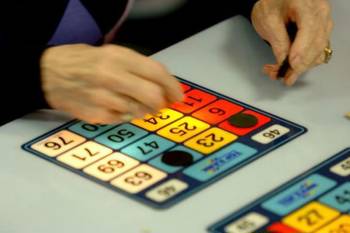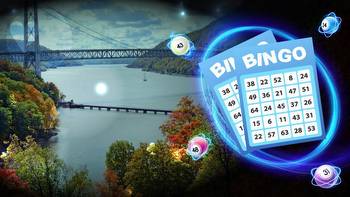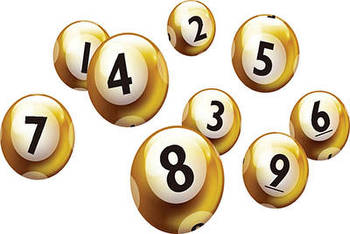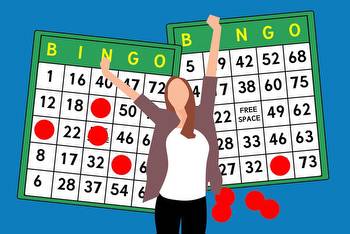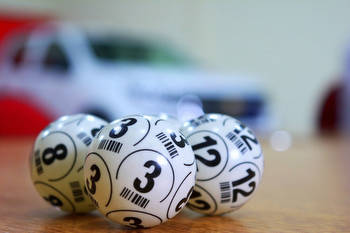When Bingo was born
Bingo has had a major comeback in the 21 century, thanks to the emergence of numerous online bingo sites. In this digital age, people can access bingo games wherever they are as long as they have stable internet access. All it takes is a deep dive into any bingo site, like this Pizazz Bingo review, and a player can find the site that offers them the best experience. Plus, they can win a lot of money from playing the games. But was bingo always this accessible? Let’s find out:
The Beginning
They say that history always repeats itself. Is that the case with bingo? According to historical records, this game started as a lottery in Italy in the 16 century. Back then, people referred to it as Lo Giuoco del Lotto D’Italia. If you’ve played the lottery, you can agree that it shares some key similarities with bingo.
- They are both games of chance such that you cannot alter the outcome to favor you, and
- They both involve choosing numbers before the selection of the winning numbers.
In recent years, many bingo sites have included a progressive jackpot, much like the lottery. The prize increases with each game, and the eventual winner takes the cake. Does this remind you of the origins of bingo – something about a lottery?
The adrenaline and dopamine effects resulting from this lottery game in Italy soon caught on to its neighbors. And soon enough, France was also playing the game, only that they referred to it as Le Lotto. The concept was similar to that in Italy, with the only difference being the accessibility to the game. It was mainly played by the wealthy, a huge contrast to today’s game. In the 21st century, bingo knows no income level, geographic location, or gender. Anyone who’s at least 18 years of age can play the game!
Germany soon introduced the game in the 17 century, unwilling to get left out of such an amazing concept. But the Germans had a different idea. Unlike the other regions that viewed bingo as a pastime, Germans used it as a learning tool. It was soon a primary arithmetic, history, and spelling education resource!
Coming to America
Are you curious how bingo got America? Here’s an interesting historical tidbit – until the 20 century, people had referred to bingo by different names. For example, we mentioned that the French called it Le Lotto. And by the time it got to America, people knew it as Beano! So, the game was pretty much unstandardized, allowing people to play it as they wished, setting their preferred names and rules.
What changed? Edwin S. Lowe! When bingo was first played in North America, players would mark their cards with beans, ergo, Beano! So, Edward was touring a carnival and happened to chance upon a group of people playing the game. The premise was simple. A dealer would have numbered discs in a cigar box, and players would mark their cards with beans. Whoever marked the winning numbers had to yell “Beano” to claim their win. One excited player yelled out “Bingo” rather than “Beano,” and Edward ran with the concept.
He renamed the game “Bingo,” hired a math professor to create cards with more combinations, and produced 6,000 different bingo cards. The idea was to create randomized sets such that there would not be a possibility of two people winning the same game. You can imagine the work that went into such a project in a world where the sophisticated statistical software we have today was but a dream. Some historical accounts state that the math professor, Carl Leffler, suffered adverse mental effects from his creation. But we know for sure that Lowe marketed the game so much that it made its way to other parts of the world.
The Standardized Bingo Concept
Lowe’s contribution to bingo did not go unnoticed. Thanks to his standardization, it became easier for people to play bingo without making up the rules as they played. And this allowed more people to take up the game. A good example was the churches that required a fun pastime that also served as a charitable venture. Churches would organize bingo games where most proceeds would go to needy communities. Doing so in a world where gambling faced restriction was quite easy, as the cause was charitable. And people could not help but embrace a fun, adrenaline-inducing game that provided them with a socializing platform.
By the second half of the twentieth century, bingo had caught on in so many regions. The UK was one of the regions that embraced it wholeheartedly. The game was available in traditional bingo halls where people would flock periodically. Most were in it to socialize, but many also enjoyed the game’s competitiveness.
Modern-Day Bingo
Bingo is now widely available online, which has allowed its uptake across the world. After all, it boasts perks such as:
- 24/7 accessibility,
- A range of bonuses and rewards,
- Free games,
- Variety, and
- Easy payment methods.
Will bingo be part of the metaverse? Of course! Many bingo operators have already paved the way for this transition by including augmented and virtual reality in their games. So, its history is still in the making.







